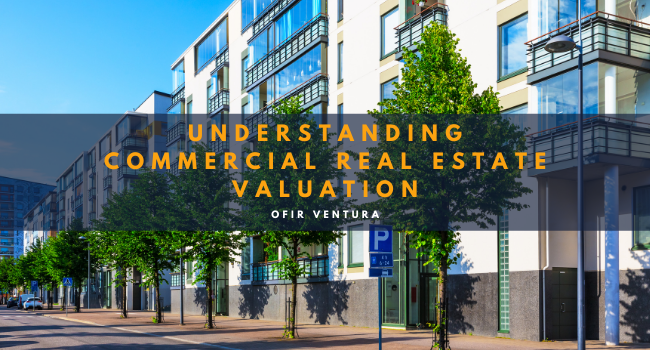There are several ways that people and organizations value commercial real estate properties. Valuing a property is one of the most important processes in the entire CRE industry. When people decide whether to buy or sell a property, they want to understand why the price is. Commercial brokers should not only prepare valuations carefully. They also need to be ready to defend the numbers they’ve arrived at.
There are a lot of factors that go into a CRE property valuation. These include the features of the property, like its location and any points of interest there. For example, a campground with a marina is often worth more than similar campgrounds without one. The potential income generated by the property is usually the most important factor an investor will consider before making a purchase. The income generated is also important to the seller. They want a price that reflects that value.
There are four main ways of valuing a commercial property. These are the cost approach, the capitalization rate approach, the sales comparison approach, and the discounted cash flow approach. The cost approach is figuring out how much it would cost to duplicate or rebuild the property. Dividing the net operating income by the capitalization or cap rate is a way of arriving at a price for a property. Sales comparisons involve looking at similar properties and what they’re trading for.
Finally, the discount cash flow approach considers time. The prior three valuation approaches provide a static value at a specific point in time. However, investors are mostly interested in the income property will generate while they own it. The DCF valuation approach provides an estimate for the income, expenses, and even future sale price. This type of valuation can be very valuable to potential investors in a property.
Depending on the product type, there may be other ways of arriving at a valuation, too. For example, apartment buildings may be valued in a slightly different way than offices. Product types in the commercial real estate field include industrial buildings, multifamily housing, retail, hotels, and manufactured housing. Investors or potential investors are wise to learn a bit about each product type before making a purchase.

